Chief UNMIK miliatary officer critical of Kosovo policy
Maj.-Gen. Raul Cunha, UNMIK's Chief Military Liaison Officer, has criticized the “incoherence of the Western international community” in Kosovo.
Wednesday, 23.04.2008.
22:26

Maj.-Gen. Raul Cunha, UNMIK's Chief Military Liaison Officer, has criticized the “incoherence of the Western international community” in Kosovo. Cunha, who is also UNMIK chief Joachim Ruecker's military adviser, was quoted as saying that "the way this process was conducted goes in the direction of instability, and not stability". Chief UNMIK miliatary officer critical of Kosovo policy In an interview for Italy's Osservatorio sui Balcani, the Portuguese officer focused his criticism on the way EULEX is preparing to start its work, and said he believes this part of the process should have been directed in a different way. He argued that the UN has to stay in Kosovo for a longer period of time as the only legitimate authority, "at least in the Serb-dominated areas". "The UN might have to stay, at least in some areas of Kosovo’s territory, for some time until, either there is a transition that is accepted by the Serb minority, which I will not say it’s impossible, but almost impossible; or until finally the European Union El Dorado starts to be a reality," Cunha said. "This is how the Serbian minority could probably end up accepting the presence of the EU. But it will take quite some years for the European Union El Dorado to happen, if it happens. "The situation here is not brilliant and we have a lot to be blamed for. We – I mean the Western international community. We have perhaps invested here in the worst way and we were not very careful with the money. Each time I take a look at the numbers, I notice that 80 percent of the investment was made in consultancy and capacity building but, practically speaking, we didn’t build any capacities", he said. "The pillar of reconstruction and economic development as part of UNMIK was always a responsibility of the European Union and we can verify now that there is no productive structure in Kosovo," he continued. The European Union has spent in EUR 4bn in Kosovo, "in different ways", Cunha noted. Asked about the "UNMIK-EULEX transition", Cunha said it will be "very difficult". "I don’t know why, but everybody got convinced that just by waving the EU 'carrot', the Serbs would accept everything. It can only be this belief that lead to the exaggerated optimism that is now being proven had no reason to exist". "It will take a very long time and there will have to be concrete results for the EU projects in the field for the Serbian minority to accept this EU management. Maybe it will take years. Maybe, they will never accept it. Or maybe, they will accept such a situation only by force," he warned. The UNMIK chief military liaison officer believes that one of the consequences of the processes ongoing in Kosovo will be the "discrediting and weakening of the UN role". "Mr. Solana is still saying that we are creating stability in the Balkans. I am not going to argue over the fact of Kosovo being independent, but the way this process was conducted goes in the direction of instability, and not stability." "Because when we say this is a unique case which doesn’t represent a precedent, we know we are either lying or being hypocrites. It’s clear that no two cases are equal." "It’s clear that each of them is unique, but all of them have one thing in common: the will of one group to separate from another to create their own motherland. This is the same for everybody," Cunho concluded.
Chief UNMIK miliatary officer critical of Kosovo policy
In an interview for Italy's Osservatorio sui Balcani, the Portuguese officer focused his criticism on the way EULEX is preparing to start its work, and said he believes this part of the process should have been directed in a different way.He argued that the UN has to stay in Kosovo for a longer period of time as the only legitimate authority, "at least in the Serb-dominated areas".
"The UN might have to stay, at least in some areas of Kosovo’s territory, for some time until, either there is a transition that is accepted by the Serb minority, which I will not say it’s impossible, but almost impossible; or until finally the European Union El Dorado starts to be a reality," Cunha said.
"This is how the Serbian minority could probably end up accepting the presence of the EU. But it will take quite some years for the European Union El Dorado to happen, if it happens.
"The situation here is not brilliant and we have a lot to be blamed for. We – I mean the Western international community. We have perhaps invested here in the worst way and we were not very careful with the money. Each time I take a look at the numbers, I notice that 80 percent of the investment was made in consultancy and capacity building but, practically speaking, we didn’t build any capacities", he said.
"The pillar of reconstruction and economic development as part of UNMIK was always a responsibility of the European Union and we can verify now that there is no productive structure in Kosovo," he continued.
The European Union has spent in EUR 4bn in Kosovo, "in different ways", Cunha noted.
Asked about the "UNMIK-EULEX transition", Cunha said it will be "very difficult".
"I don’t know why, but everybody got convinced that just by waving the EU 'carrot', the Serbs would accept everything. It can only be this belief that lead to the exaggerated optimism that is now being proven had no reason to exist".
"It will take a very long time and there will have to be concrete results for the EU projects in the field for the Serbian minority to accept this EU management. Maybe it will take years. Maybe, they will never accept it. Or maybe, they will accept such a situation only by force," he warned.
The UNMIK chief military liaison officer believes that one of the consequences of the processes ongoing in Kosovo will be the "discrediting and weakening of the UN role".
"Mr. Solana is still saying that we are creating stability in the Balkans. I am not going to argue over the fact of Kosovo being independent, but the way this process was conducted goes in the direction of instability, and not stability."
"Because when we say this is a unique case which doesn’t represent a precedent, we know we are either lying or being hypocrites. It’s clear that no two cases are equal."
"It’s clear that each of them is unique, but all of them have one thing in common: the will of one group to separate from another to create their own motherland. This is the same for everybody," Cunho concluded.


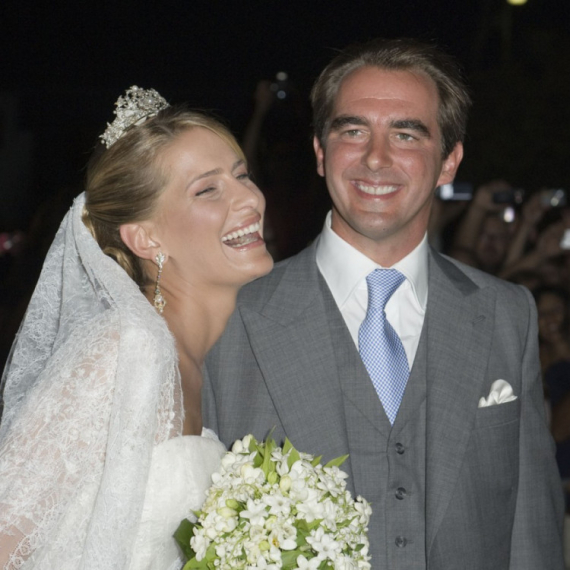








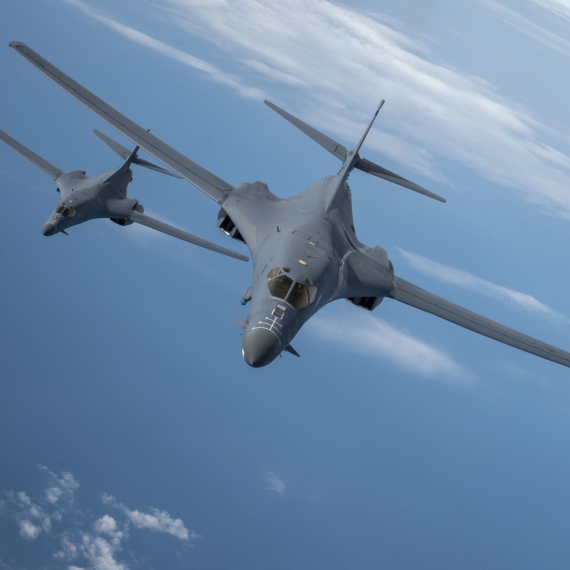



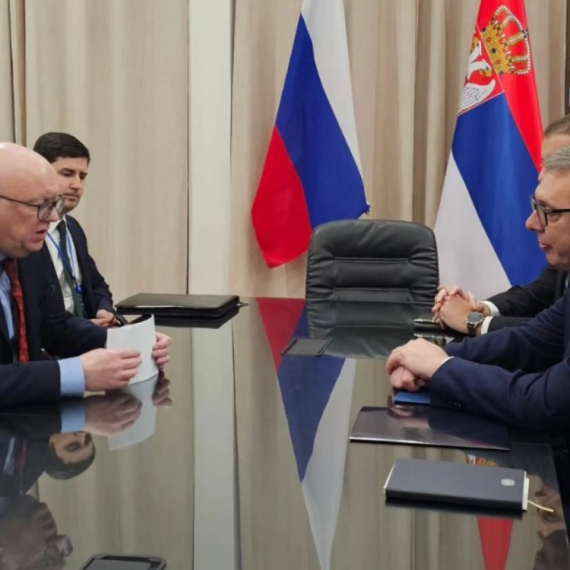
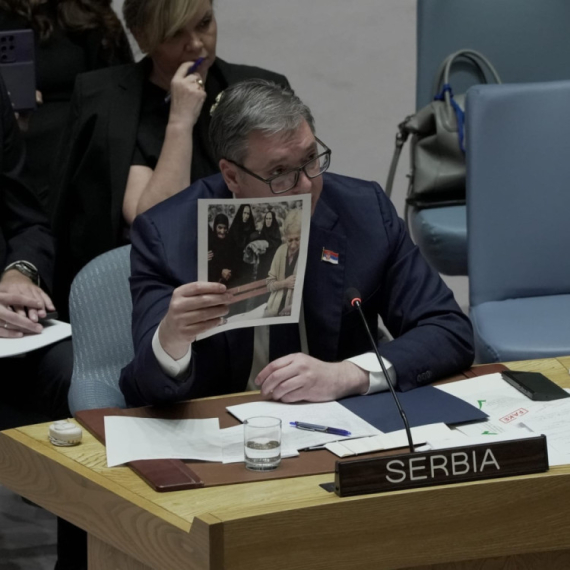
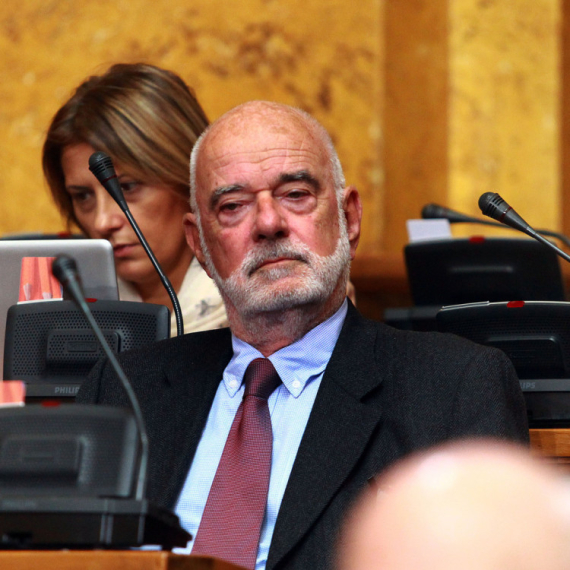















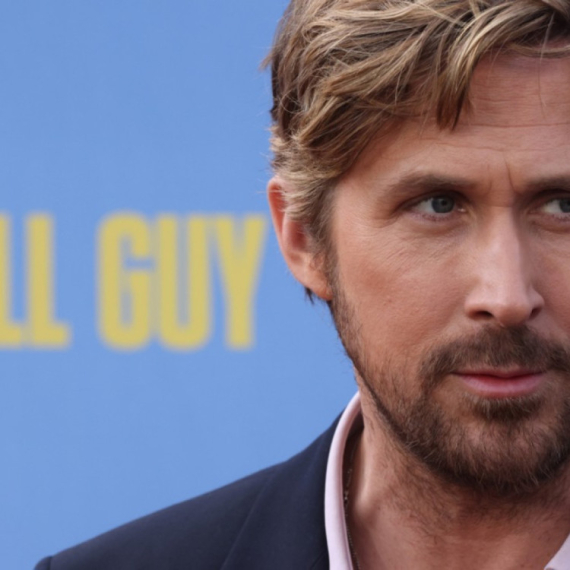





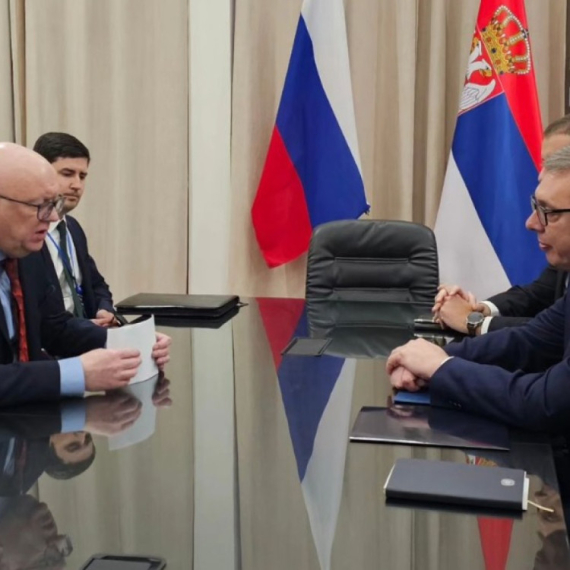



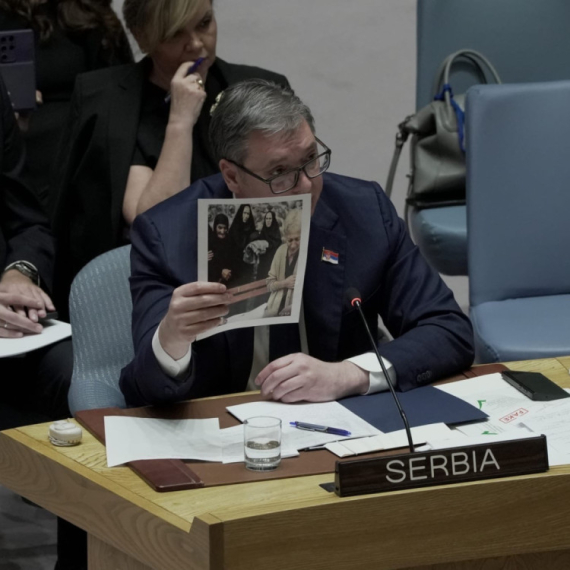

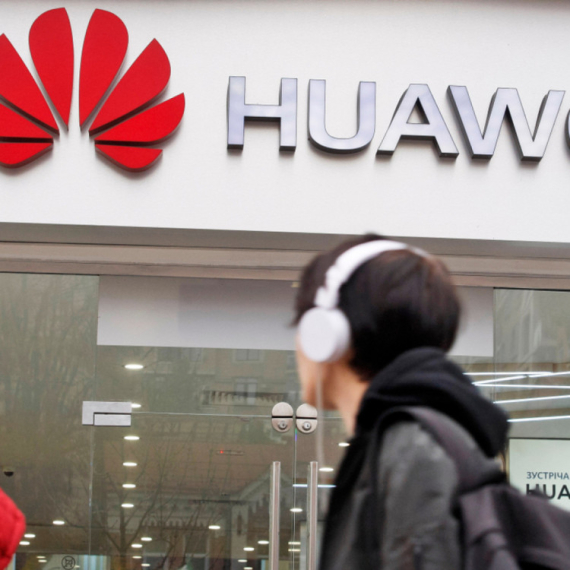




Komentari 6
Pogledaj komentare